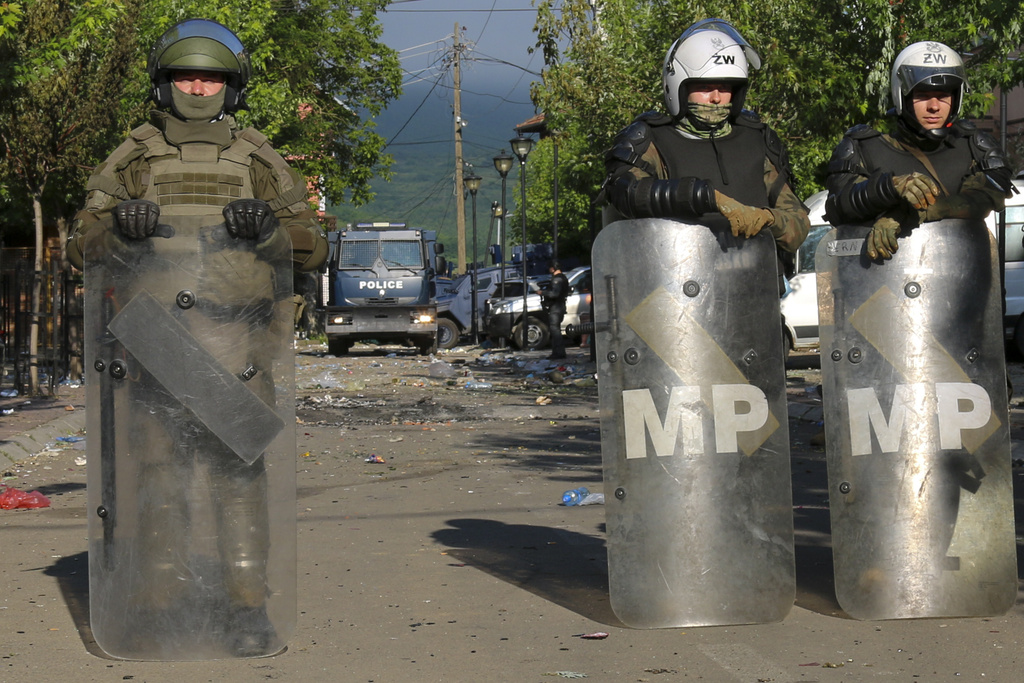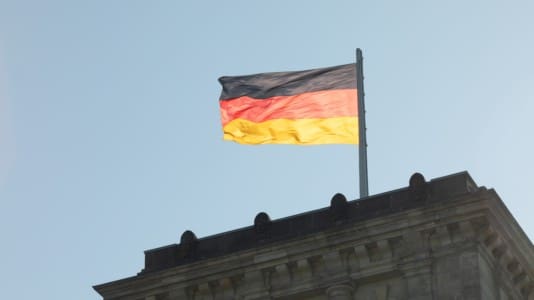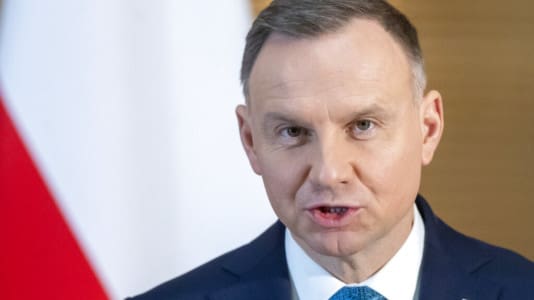NATO is sending an additional 700 troops to Kosovo after 25 peacekeepers of the KFOR contingent were injured on Monday attempting to contain rioting, NATO Secretary General Jens Stoltenberg announced in Oslo on Tuesday.
“We have decided to mobilize an additional 700 troops from the Western Balkans operational reserve force and to put another battalion of the reserve force on standby to be deployed if necessary,” Stoltenberg told a press conference after 30 soldiers and 52 protesters from the NATO-led Kosovo Force (KFOR) were injured in the previous day’s Albanian-Serb clashes.
As Remix News reported on Tuesday, the peacekeeping troops from NATO’s Kosovo contingent were injured on Monday, along with over 50 Serbian protesters, when their Italian commanders deployed NATO troops to quell an ethnic conflict between Serbs and Albanians in Kosovo, reports Hungarian daily Magyar Hírlap.
Kosovar Serbs are demanding that the Kosovo government annul the April mayoral elections and allow Serbs to continue to run Kosovo’s institutions. However, despite calls from several foreign diplomats for the situation to be resolved late last week, Prime Minister of Kosovo Albin Kurti wrote on social media on Sunday that the elected mayors would take into account the concerns of all citizens.
NATO’s Allied Joined Force Command (JFC) in Naples, Italy, announced earlier in the day that several troops on standby would be transferred to Kosovo to reinforce KFOR.
Stoltenberg condemned the violence in Kosovo, saying that “such attacks are unacceptable and must stop.”
He warned that NATO troops “will take all necessary measures to guarantee security for all inhabitants of Kosovo.” He also urged the parties to ensure that tensions are reduced, to refrain from “further irresponsible actions,” and to return to EU-facilitated negotiations to improve relations.





